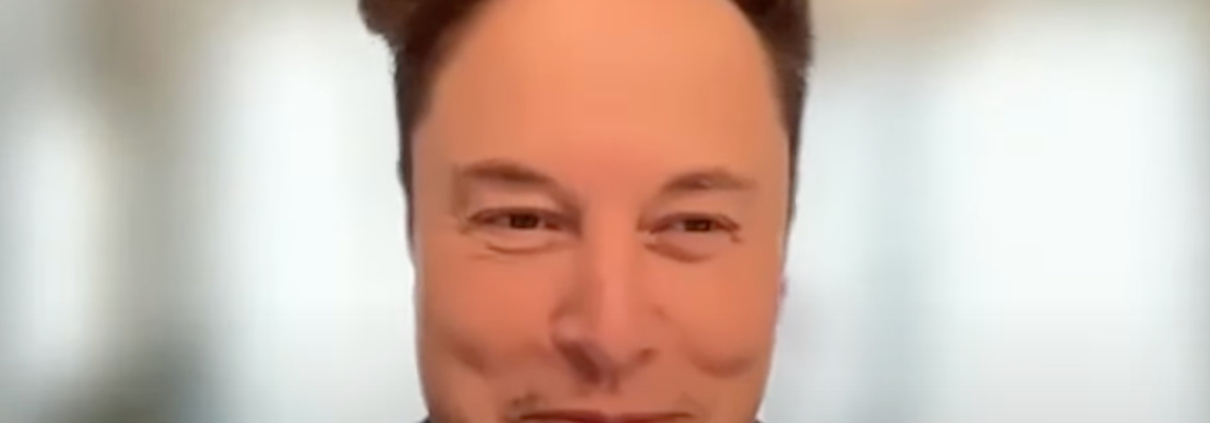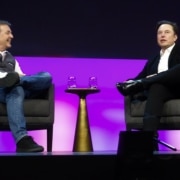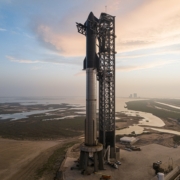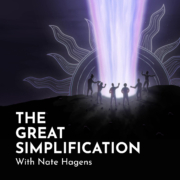Elon Musk and What Makes an Organization Trustworthy
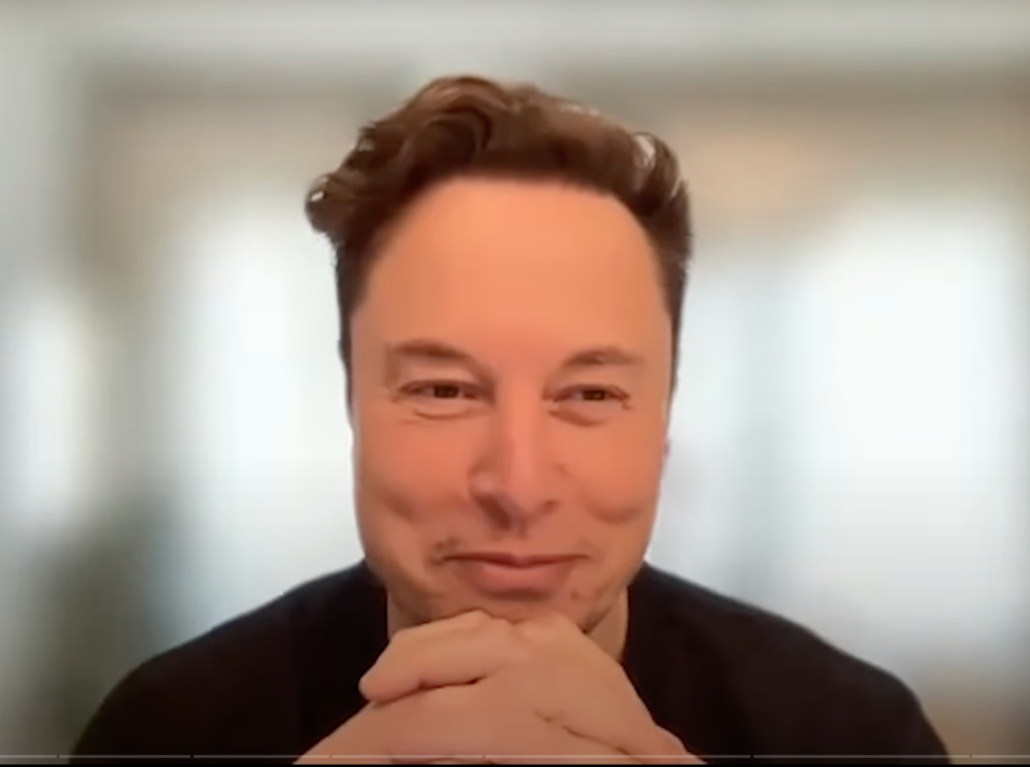
“Tell us how you think about trust,” a moderator said to Elon Musk. It was August 2022, and Musk, the eccentric billionaire and engineering mastermind behind Tesla and SpaceX, was in the Norwegian city of Stavanger attending a conference on global sustainability. That year’s theme for the ONS Foundation’s annual gathering was trust, “the glue of society”—what allows businesses to “create value” and countries to “stay out of conflicts and solve great challenges.” The speakers included Prime Minister of Norway Jonas Gahr Støre and (via video) President of Ukraine Volodymyr Zelenskyy. After taking the stage, Musk looked surprised to be asked how he thought about trust. Chuckling nervously in his chair, he said, “I believe in trust and transparency, and the pursuit of truth in general”—and then pivoted to saying it was an honor to be there, and expressed gratitude to the people of Norway for their support of electric vehicles. But Wickett was determined to get a real answer. “I’m still going to come back to the question,” she told him. Musk laughed, and said, “That’s quite a philosophical question.”
Yet that doesn’t make it any less pressing of a problem organizations routinely face. Thinking about trust, especially its value in a business context, is something Robert Hurley, a professor at Fordham University’s Gabelli School of Business, has been focusing on for over a decade. “We have strong research that organizations can have a well-developed capacity for innovation, customer service, and other key performance outcomes,” Hurley said. “But what about a capacity for trustworthiness?”
It seems hard to deny that this way of relating to employees—among other antics—harms Twitter’s (and Musk’s) capacity for trustworthiness.
This is what he explains in his new paper, published in the Journal of Business Ethics. Hurley’s take on trust is dynamic and systemic. “This perspective is useful in understanding the below-the-radar organizational drift that can infect an organizational system and lead to shocking systemic trust violations,” he writes. He makes the case that a company’s trustworthiness is a result of what he calls a “bundle of routines” that make up an organization’s capacity for trust. These routines, which make up some of a company’s set of cultural norms, send out signals to a variety of stakeholders that either boost or diminish their trustworthiness. The capacity for trust emerges as organizations adapt to pressure in and outside the organization, and stakeholders form expectations that are more or less satisfied or undercut. “The erosion of the capacity for trust is the root cause of systemic trust violations (Wells Fargo, Boeing Maxjet etc),” Hurley said. “Understanding how organizations develop and destroy a capacity for trust is crucial to avoiding distrust and cynicism in institutions.”
Avoiding distrust and cynicism toward Twitter was something that was on Musk’s mind before his trip to Norway. And he had some ideas about what would repair or bolster Twitter’s capacity for trust. In April, Musk tweeted, “For Twitter to deserve public trust, it must be politically neutral, which effectively means upsetting the far right and the far left equally.” And in May: “Algorithms must be open source, with any human intervention clearly identified. Then, trust will be deserved.” These are at least some of the lessons he took from the outcry over the social media company’s decision, among others, to censor the New York Post’s story on Hunter Biden’s laptop and, later, banning Donald Trump from the platform (a move Germany’s Angela Merkel said was “problematic” for flouting principles around freedom of opinion, and Alexei Navalny, the Russian dissident politician, called “an unacceptable act of censorship”).
On stage, Musk sort of jokingly suggested that Wickett’s question wasn’t really about trust, but how he would change and manage Twitter. “I was told that’s the one topic I’m not supposed to talk about!” Wickett said. “So I’m going to avoid it.” Yet Musk was game to talk Twitter, if only vaguely. He focused his response to Wickett’s question about trust on the kind of information people come across on social media. “They want to believe what they read and not feel that it’s overly biased, or at least understand the nature of the bias,” he said. “So I think one of the key things to trust is transparency.” For him this means making the algorithms Twitter uses—to amplify or de-boost certain tweets or Twitter users, for example—open to scrutiny. On February 21, Musk tweeted, “Prepare to be disappointed at first when our algorithm is made open source next week, but it will improve rapidly!” (It’s still not open source, but if Musk follows through, it could, according to Fortune, “be the most consequential decision of his Twitter tenure.”)
Hurley suggests that a “high trust firm will maximize the production of signals of trustworthiness while preventing or minimizing the production of signals of untrustworthiness.” One of Musk’s early ploys to signal greater trust, or to repair lost trust, was releasing what he called the “Twitter Files.” He enlisted a group of independent journalists—like Matt Taibbi, Bari Weiss, and others—to report on Twitter’s internal documents (including emails and chat records) concerning the company’s decision-making around COVID misinformation, banning Trump, relationships with the FBI, and more. The idea was to reveal what Musk views as the overly progressive agenda Twitter was pushing, and to assure Twitter’s users that things would change.
Subscribe to the Ethical Systems newsletter
In a recent story, The New Yorker’s Benjamin Wallace-Wells argued the tack Musk took could have been more effective:
He could have opened the files to more journalists, with broader perspectives, rather than a group that largely shared his view. They, in turn, could have taken the time to write as investigative reporters rather than commentators, and might have begun with material other than the company’s response to the Hunter Biden story—a preoccupation of Republican politicians but far from the most compelling element of the archives. Rather than try to handle [user] suspensions with a small group of allies, Musk might have appointed an independent body to assess such sensitive matters. The choices Musk did make suggest another aim—not neutrality, but counterbalance. If progressive ideas had been too amplified, he would now amplify conservative ones. Everything in the Twitter Files has had this see-saw quality, in which the only response to excessive partisanship is partisanship on the other side. In this way, the Twitter Files have been trapped in the style of Twitter itself.
If Musk wants to transform Twitter into a platform that reliably surfaces truthful information and incentivizes insightful conversation—which the cognitive scientist and AI critic Gary Marcus thinks is possible—he would do well to take a tip from Hurley. “A failure to understand antecedent causes of trust violations, especially powerful exogenous forces,” he writes, “can create fundamental misspecifications in trust repair strategies allowing the re-emergence of deviant behavior after a cosmetic legitimacy restoring hiatus.” Musk has, to cut costs, swiftly and drastically (and some would argue recklessly and capriciously) reduced Twitter’s staff since taking over as CEO. Some might call Musk’s management style ruthlessly efficient, or “brutally honest,” but it seems hard to deny that this way of relating to employees—among other antics—harms Twitter’s (and Musk’s) capacity for trustworthiness.
Arguably, if Twitter is to become as trustworthy as Musk hopes, it will have to give some attention to the cultural routines that are emerging out of the aftermath of Musk’s firings. “Concerning signals of trustworthiness, research from a variety of domains provides evidence to suggest that the erosion of firm-level capabilities that produce negative outcomes often happens due to underlying dynamics that have been operating for a long period of time,” Hurley writes. “For example, research on organizational controls, routines, capability erosion, bankruptcies, system failures, and trust provide direct or indirect evidence to suggest that changes in organizational trustworthiness may happen in spirals or cycles that may take years to become apparent.”
Musk has more demands on his time than most people would ever dream of wanting. For his sake, and for the sake of his other consequential companies, I’m hoping someone other than Musk can start watching over Twitter soon. For a moment, it looked like that would happen. He polled his 100 million-plus followers on the question of whether he should run Twitter, giving the impression that he would abide by the results. But when they handily favored him leaving, he essentially ignored them.
Musk may not be fundamentally untrustworthy—his frequent refrain is that though his product timelines can be off, he has a talent for making what’s “impossible,” merely late. But in the set of issues he faces, trust can often seem like one of his most glaring. As Musk said in Stavanger, “One could wax on at length about that.”
Brian Gallagher is Ethical Systems’ communications director. Follow him on Twitter @bsgallagher.
Lead image: Steve Jurvetson / Flickr

